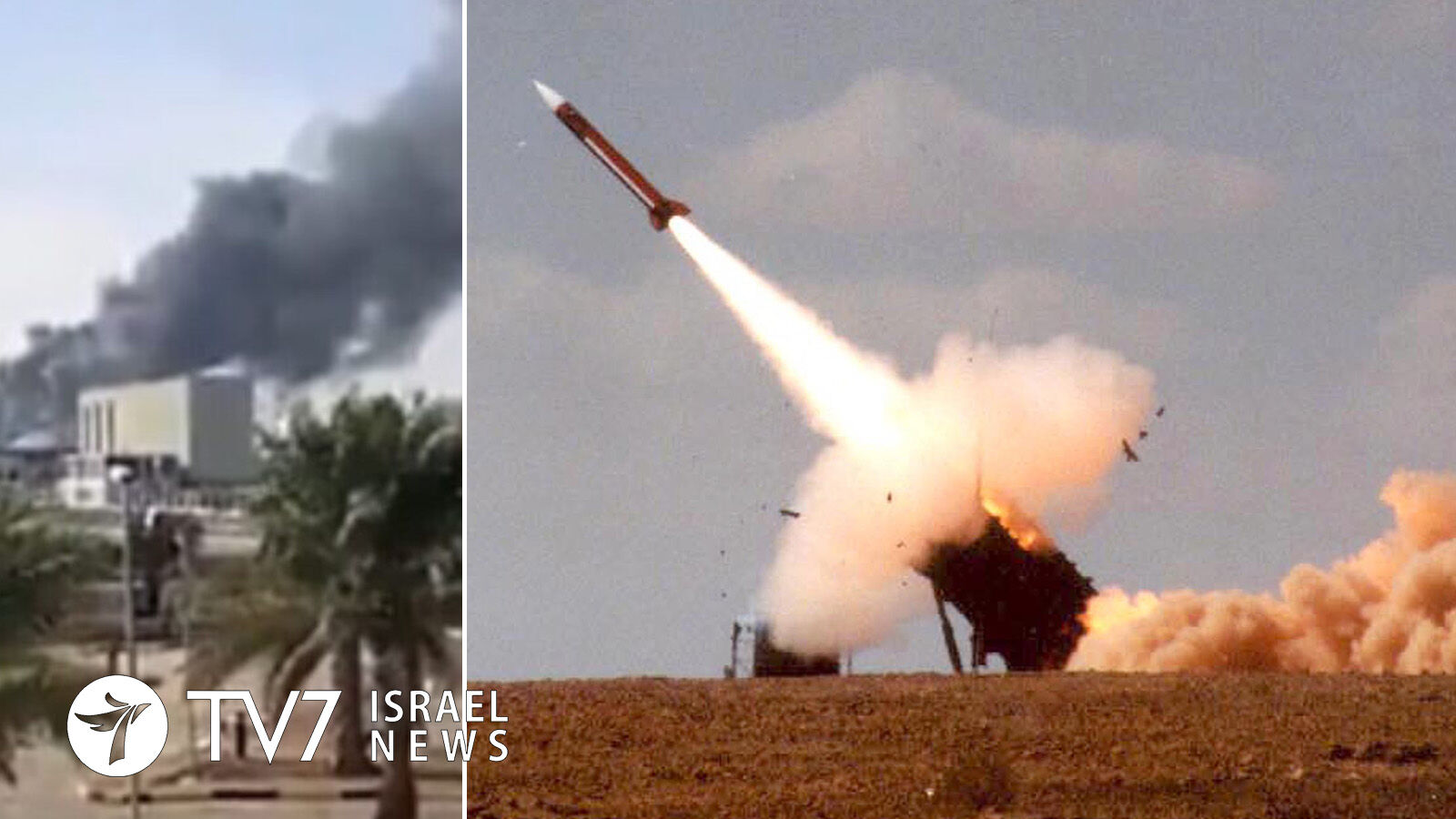The attempted strike was the second in a week.
By Jonathan Hessen and Erin Viner
The Iran-backed Houthi rebel movement in Yemen launched missiles at the United Arab Emirates (UAE) on Monday that targeted a base hosting the United States military, but was intercepted by US-built Patriot interceptors, said American and Emirati officials.
In a claim of responsibility, a Houthi military spokesperson announced that Zulfiqar ballistic missiles were fired at the al-Dhafra airbase and additional “sensitive targets,” while drones were used to target Dubai. “We advise foreign companies and investors in the UAE to leave as it has become unsafe,” he warned, while threatening that the Houthis are prepared to “meet escalation with escalation.”
The US military said it had fired multiple Patriot missile interceptors at 2 inbound missiles and acknowledged simultaneous efforts by the UAE military. “The combined efforts successfully prevented both missiles from impacting the base,” said a spokesperson at US. Central Command who represents American forces in the Middle East.
The Iran-linked Islamist movement, which has been fighting a Saudi-led military coalition that includes the UAE, has previously said it wants to punish the Gulf state for backing militias that are blocking their attempts to capture oil-producing regions in Yemen.
Emirati Ambassador to the US Yousef al Otaiba confirmed on Twitter that close cooperation with Washington deflected the attack, and the US State Department reaffirmed Washington’s commitment to strengthen the defenses of its Saudi and Emirati partners.
Saying that the Houthi attacks on the UAE and Saudi Arabia – as well as retaliatory airstrikes on Yemen by the Saudi-led coalition – represent a “troubling escalation” in violence, US State Department Spokesman Ned Price renewed a call for a ceasefire. While declining to comment on whether US President Joe Biden’s administration will agree to a UAE request to put the Houthis back on the list of foreign terrorist groups and reimpose sanctions, Price said the White House is “taking a look at the appropriate response.” While Biden said last week that the move is under consideration, however, Price pointed out that the terror designation of the group had lifted last February over concern the punitive measures could result in cuts in humanitarian aid and commercial imports of food and other necessities to Houthi-controlled areas.
The Foreign Ministry of the UAE, part of the 6-nation Gulf Cooperation Council (GCC), condemned the latest strikes as a “criminal escalation,” warning that the country reserves the right to respond.
3 people were killed in a Houthi strike on a fuel depot in Abu Dhabi 17 January. Retaliatory air strikes on Yemen, which the Saudi-led coalition says target Houthi military targets, killed at least 60 people in Saada province on Friday and about 20 people in the Houthi-held capital Sanaa on Tuesday.
The Houthis frequently conduct cross-border missile and drone attacks on Saudi Arabia in what is largely seen as a proxy war between Riyadh and Tehran, but they significantly raised the stakes of the conflict by hitting the UAE.
Meanwhile, Yemeni government forces backed by coalition forces, are continuing to make territorial gains against the Houthis in the Ma’rib region, despite threats by the Houthis of further attacks against civilian targets in the UAE.
Since the start of a counter-offensive against the Houthis earlier this month, the Houthis have sustained successive losses in Ma’rib and both Shawba. Fierce battles are currently taking place in the Harib District, a strategically placed territory that controls crucial supply lines on Ma’rib’s southern front.
